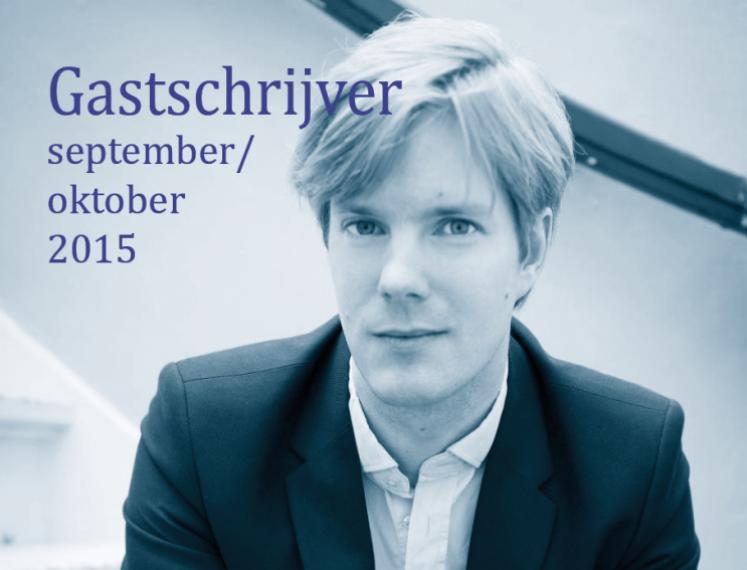
Academy Building
Broerstraat 5
Groningen
Netherlands
Division within Society
In many Western societies, social status and impact are determined by personal success in terms of level education, career, money and possessions. Such a one-sided focus on a narrow range of competences and knowledge produces a competitive society of winners (some) and losers (many). This is a recipe for social instability. It would be better to ensure that different groups of people with different skills, experiences and contributions were recognized in different ways for their value to society. They would feel respected and listened to as citizens, and they would be able to influence societal processes and outcomes. This would benefit social inclusion, social participation and social stability. How can it be achieved?
Erasmus Prize 2017 The Praemium Erasmianum Foundation has awarded the 2017 Erasmus Prize to the Canadian cultural sociologist Michèle Lamont. She is Professor of Sociology at Harvard University, Professor of African and African American Studies and Robert I. Goldman Professor of European Studies. She receives the prize for her devoted contribution to social science research into the relationship between knowledge, power and diversity.
Michèle Lamont began her academic career at the universities of Stanford and Princeton in the United States, before moving to Harvard University in 2003. Lamont has written dozens of books and articles on such subjects as: culture, social inequality and exclusion; racism and ethnicity; institutions and science. In her most recent book, Getting Respect (2016), she describes how various stigmatized groups respond to the daily experience of discrimination. Her previous book, How Professors Think (2009) examines how the academic world determines what valuable knowledge is. In 2016 she was awarded an Honorary Doctorate by the University of Amsterdam.
Rafael Wittek is Professor of Theoretical Sociology at the Groningen University. He is director of SCOOP, an interdisciplinary research and training center for the study of sustainable cooperation and societal resilience.


